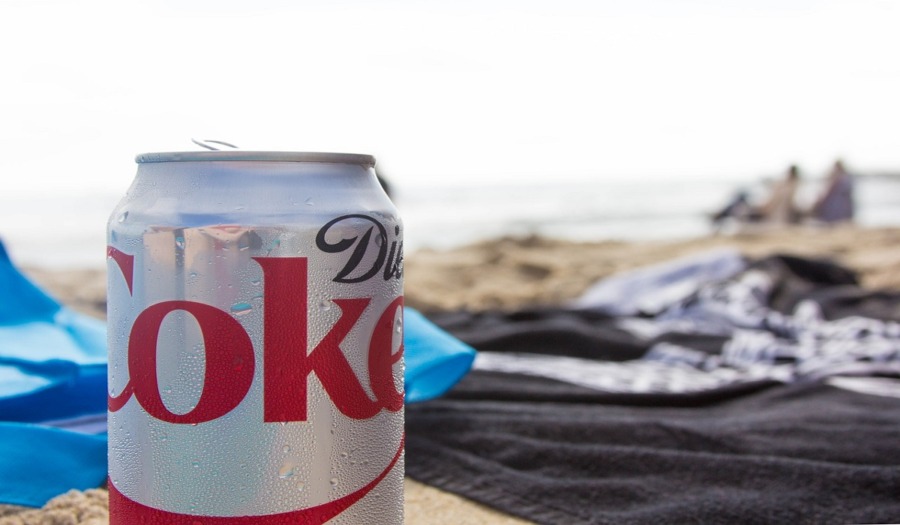The world of artificial sweeteners is facing a new wave of controversy as the World Health Organization’s International Agency for Research on Cancer (IARC) reviews the safety of aspartame, an extensively used sweetener found in tens of thousands of products worldwide. The IARC’s upcoming report, expected to be published next month, has raised concerns among health experts and industry stakeholders. While the label “possibly carcinogenic to humans” does not confirm a direct link to cancer, it suggests that the findings may reveal a potential association.
Aspartame, discovered in 1965 by James M. Schlatter and introduced to the U.S market in 1981 as NutraSweet, has gained popularity for being significantly sweeter than sugar and having fewer calories. However, its distinct taste and lingering doubts about its health implications have fueled calls for its ban by some health professionals. Amid this debate, the International Sweeteners Association (ISA) and other food safety agencies emphasize the importance of the ongoing comprehensive food safety review by the World Health Organization’s Joint FAO/WHO Expert Committee on Food Additives (JECFA)
While awaiting the publication of the committee’s findings, the ISA voices serious concerns regarding premature speculation about the IARC’s opinion. The ISA cautions against potential misconceptions that could mislead consumers about the safety of aspartame. It highlights that the IARC is not a dedicated food safety body and underscores the importance of considering the conclusions from both the IARC and JECFA reports. Aspartame has been subjected to extensive research, with over 90 food safety agencies worldwide affirming its safety, including the European Food Safety Authority, which conducted a comprehensive evaluation of aspartame’s safety.
Last month, the World Health Organization concluded in a report that non-sugar sweeteners do not aid in weight loss and should be avoided, which has sparked a sense of alarm within the non-sweetener community. Some argue that these developments contribute to unnecessary panic among consumers, implying that their products are under attack by the WHO.
Amidst the negative publicity surrounding artificial sweeteners, the sugar industry appears to benefit, with its lobbying groups being compared to the powerful National Rifle Association (NRA). The ramifications of these ongoing debates remain uncertain, and the fate of major soft drink manufacturers could hang in the balance. Will they risk altering their billion-dollar recipes by switching to alternative sweeteners, or will they maintain the status quo?
As the IARC prepares to release its report on aspartame’s safety, the artificial sweetener industry faces significant challenges and growing skepticism from health experts. While the label “possibly carcinogenic to humans” raises concerns, it is crucial to await the comprehensive food safety review conducted by the JECFA. The ongoing debates surrounding the health implications of artificial sweeteners, including aspartame, have sparked a divide among stakeholders, with the sugar industry potentially benefiting from the controversy. Only time will reveal the true impact of these developments and whether soft drink manufacturers will alter their recipes in the face of evolving consumer preferences and growing concerns about health and wellbeing.









